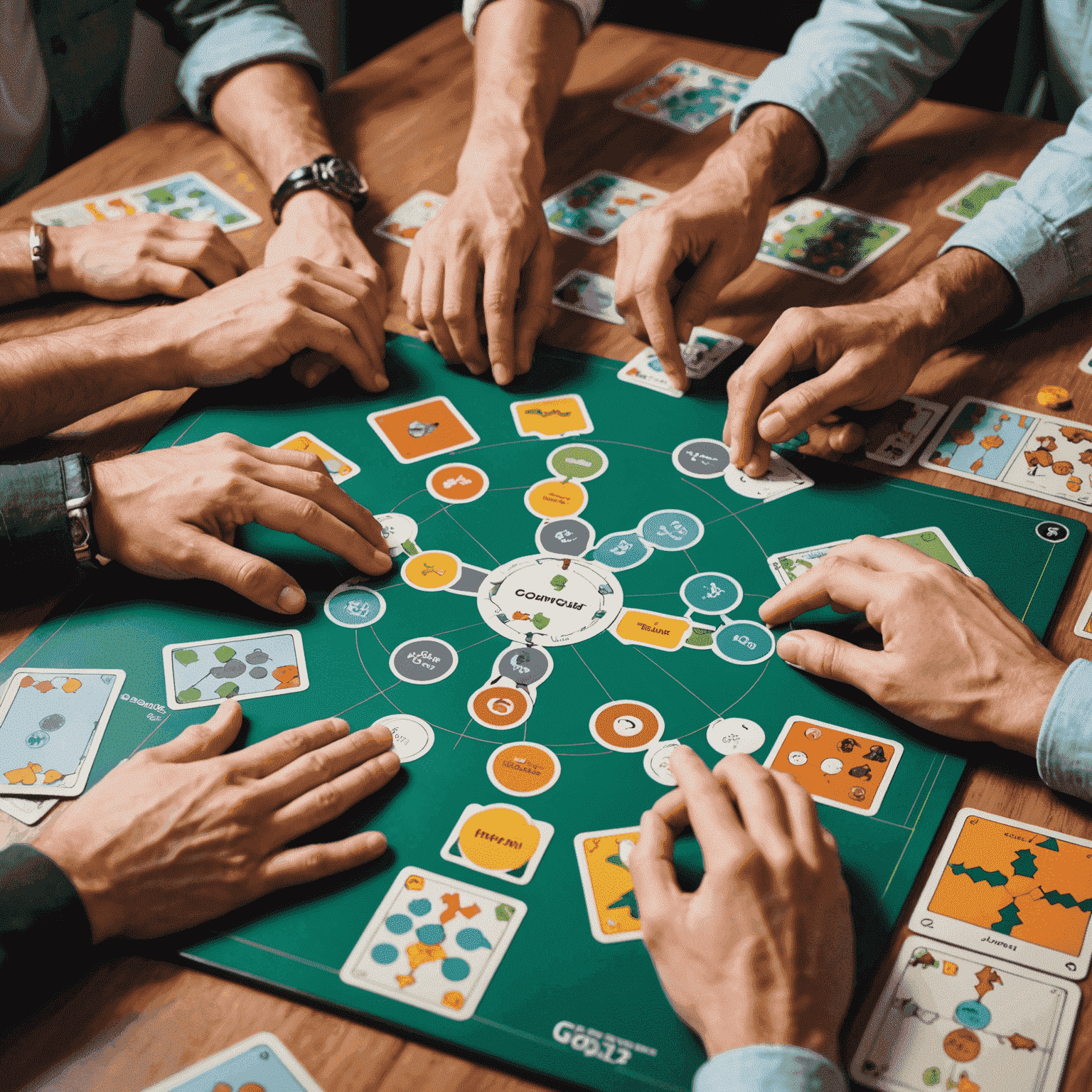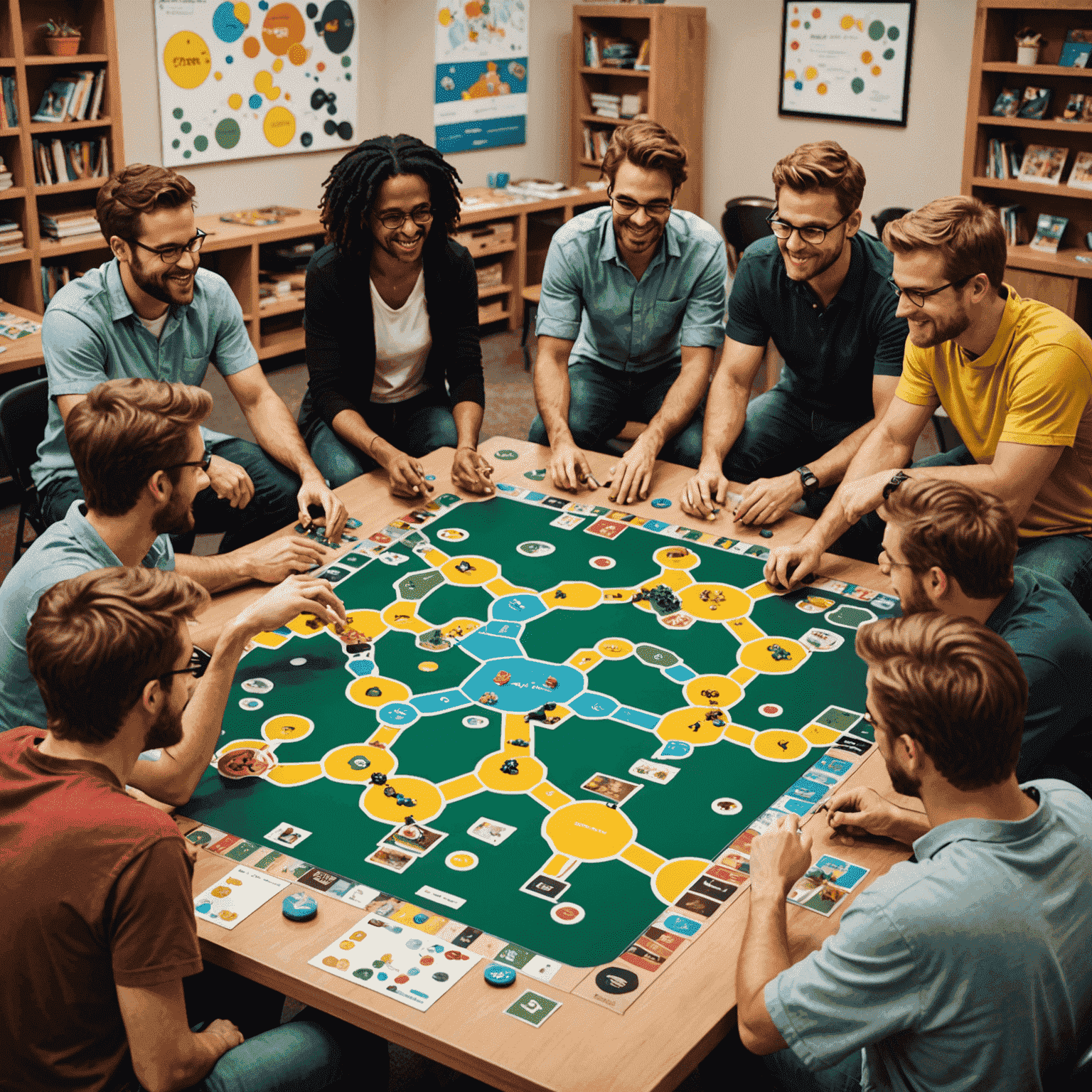The Social Side of Gaming: How Board Games Enhance Interpersonal Skills

Board games have long been a staple of social gatherings, but their impact extends far beyond mere entertainment. In today's digital age, these analog pastimes are experiencing a renaissance, largely due to their unique ability to foster and enhance crucial interpersonal skills. Let's explore how board games serve as powerful tools for developing communication, negotiation, and teamwork abilities.
Communication: The Foundation of Gameplay
Effective communication is at the heart of most board games. Players must clearly articulate their thoughts, strategies, and intentions to succeed. Games like "Codenames" or "Dixit" specifically challenge players to convey complex ideas through limited means, honing their ability to express themselves concisely and creatively.

Moreover, board games often require active listening and interpretation. Understanding rule explanations, following game narratives, and deciphering opponents' strategies all contribute to improved listening skills and comprehension.
Negotiation: The Art of the Deal
Many board games incorporate elements of negotiation, whether it's trading resources in "Settlers of Catan" or forming alliances in "Diplomacy." These games provide a safe environment to practice persuasion, compromise, and strategic thinking in interpersonal contexts.
Players learn to read others' intentions, present compelling arguments, and find mutually beneficial solutions. These skills are directly transferable to real-world scenarios, from business negotiations to personal relationships.
Teamwork: United We Stand

Cooperative board games have surged in popularity, offering players the chance to work together towards a common goal. Titles like "Pandemic" or "Forbidden Island" require coordinated efforts, resource sharing, and collective decision-making.
These games teach players to leverage individual strengths for the benefit of the group, delegate tasks effectively, and support team members. The skills developed through cooperative gameplay are invaluable in professional settings and personal relationships alike.
Emotional Intelligence: Reading the Room
Board games provide an excellent platform for developing emotional intelligence. Players must read facial expressions, interpret tone of voice, and understand body language to gauge opponents' strategies or teammates' needs.
Furthermore, games teach emotional regulation. Learning to handle victory with grace and defeat with dignity are important life skills that board games naturally cultivate.
Conclusion: Game On for Personal Growth
As we've seen, board games offer far more than just entertainment. They serve as dynamic training grounds for essential interpersonal skills. By engaging in these social games, players naturally develop their abilities to communicate effectively, negotiate skillfully, work collaboratively, and understand others on a deeper level.
In our increasingly digital world, the tactile and personal nature of board games provides a unique and valuable opportunity for face-to-face interaction and skill development. So the next time you sit down to play a board game, remember: you're not just playing; you're honing crucial life skills that will serve you well beyond the game table.